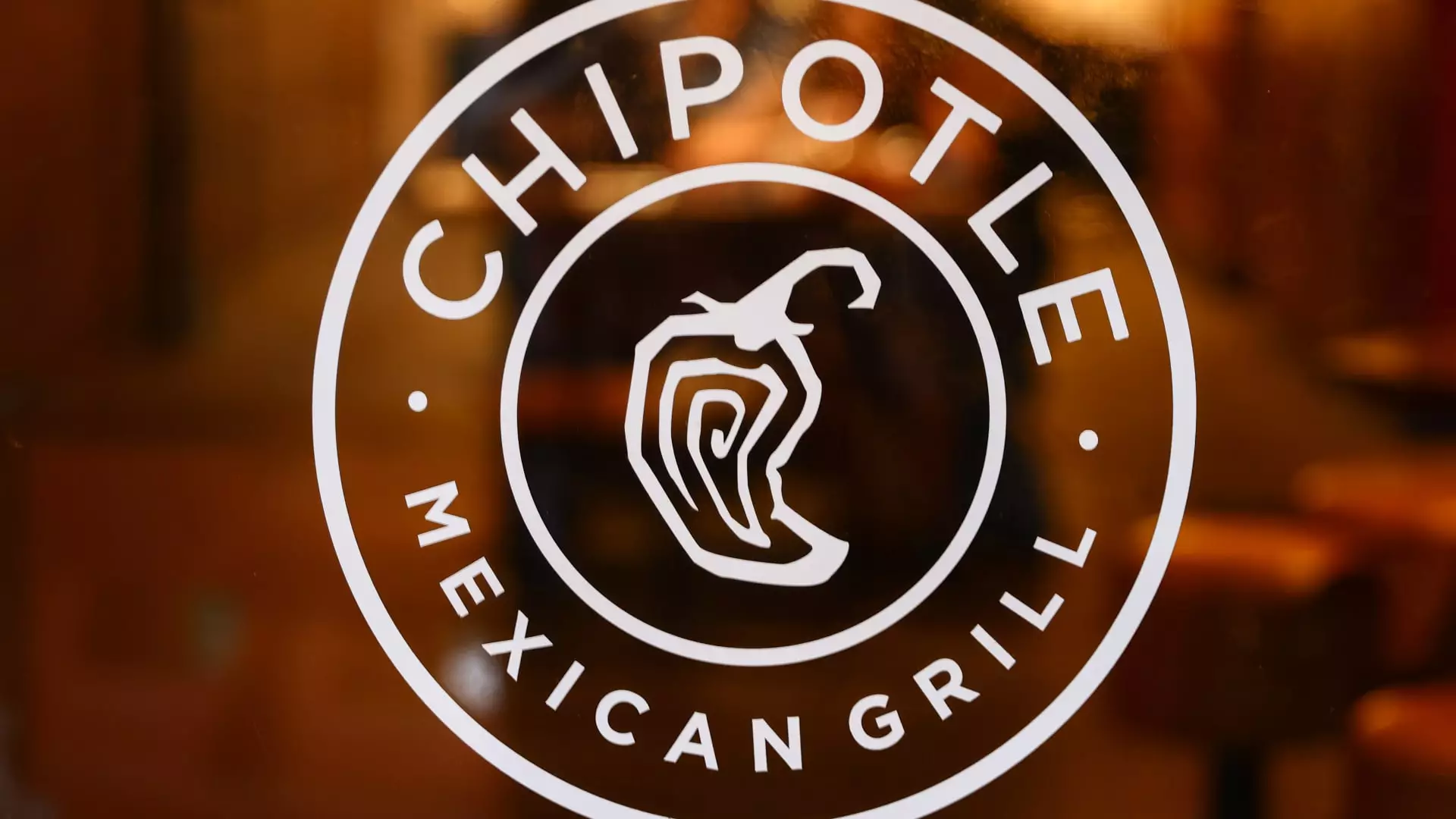Chipotle Mexican Grill’s decision to plant its flag in Mexico in 2026 raises eyebrows at multiple levels. The company’s foray into a land known for its rich and diverse culinary landscape is both audacious and questionable. Traditionally, fast-food chains have struggled to replicate their success internationally, particularly in regions where local culture deeply intersects with food. Chipotle’s venture into Mexico might be indicative of overconfidence in its brand rather than a well-founded strategy.
Local Flavor vs. Americanization
Mexican cuisine is an intricate tapestry woven with tradition, culture, and regional differences. While Chipotle touts its use of fresh ingredients, the U.S. interpretation of Mexican food, characterized by heavy customization and a somewhat uniform menu, could fall flat among discerning consumers back home. In this light, the company’s recent experiences with Taco Bell’s failed attempts to thrive in Mexico serve as cautionary tales. Despite its assurances about understanding local nuances, Chipotle may still be perceived as yet another Americanized version of what should inherently be local and authentic.
Geopolitical Turbulence and Trade Tensions
The timing of Chipotle’s Mexican venture could not be more precarious. As political tensions escalate between the United States and Mexico—compounded by tariffs and trade wars—the context around Chipotle’s expansion becomes murkier. President Trump’s trade policies have already led to a strained relationship between both nations, yet Chipotle seems unfazed. The very economy that supports its supply chain, particularly in avocado sourcing, remains in flux. Such instability can dramatically affect costs, quality, and consumer sentiment—challenges that cannot be ignored.
Domestic Saturation: A Push for International Growth
After years of concentrating on its home turf, Chipotle finds itself at a crossroads. Facing stiff competition from fast-casual chains and shifting consumer preferences towards health and sustainability, the company is compelled to explore international markets. However, this strategic pivot may be less about unlocking new opportunities and more about evading a diminishing growth trajectory at home. It’s vital to question whether expansion into Mexico is a calculated risk or merely an escape hatch from domestic challenges.
The Rollercoaster of Brand Perception
On the branding front, Chipotle must navigate a delicate landscape in Mexico, where its reputation could be more of a burden than a boon. The allure of “fresh and healthy” can lose its shine amid locals who possess an ingrained culinary heritage. Revelations regarding food quality, supply chain issues, and a one-size-fits-all approach could compromise consumer confidence—an aspect critical for the chain’s success. Chipotle has worked hard to rebuild its image after past controversies, but will that reputation translate across borders?
By venturing into Mexico, Chipotle faces a multifaceted set of challenges ranging from market receptivity to geopolitical pressures—challenges that demand careful consideration as it steps outside its comfort zone. The optimism surrounding its expansion could easily transform into a cautionary tale if not handled with precision and insight.

